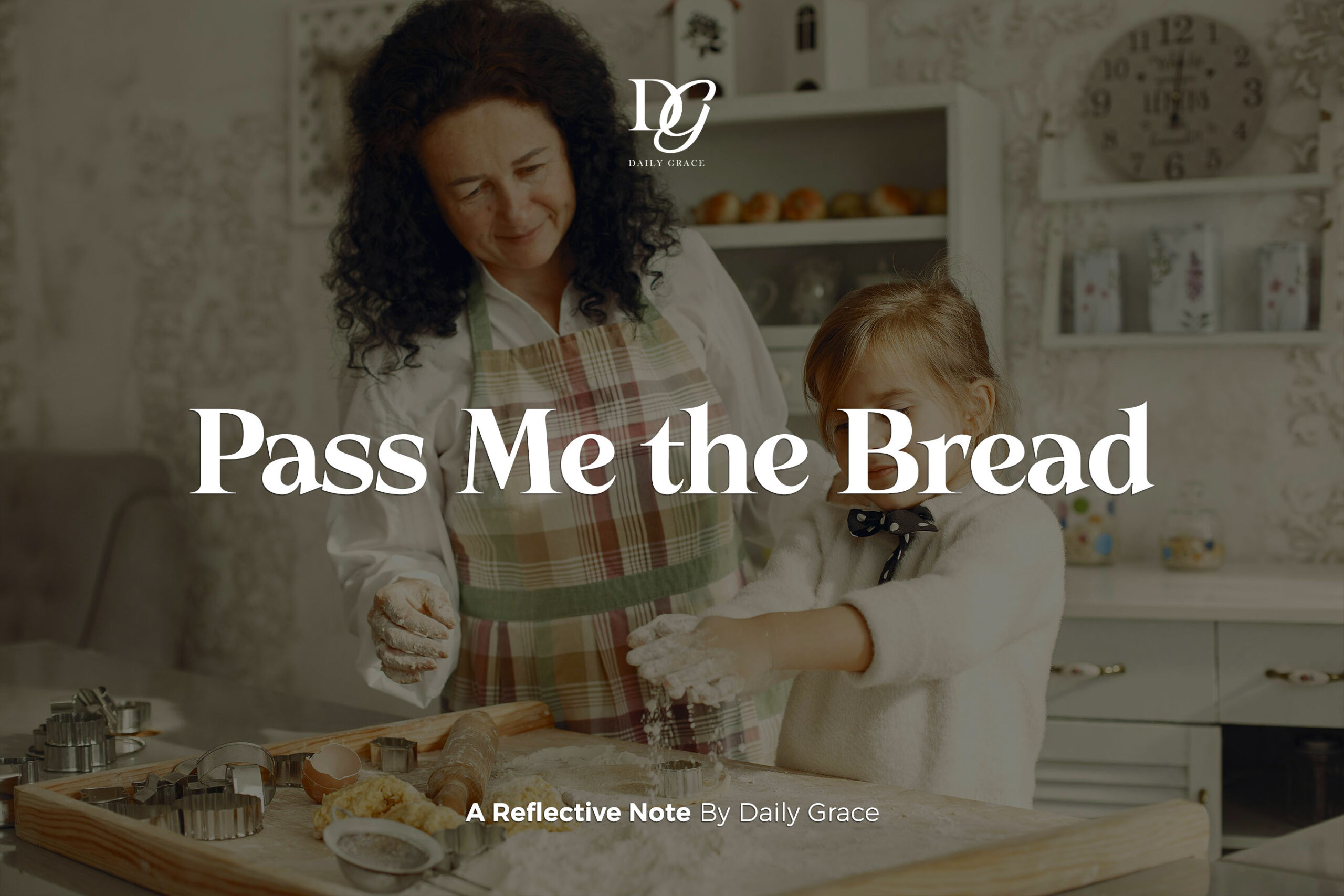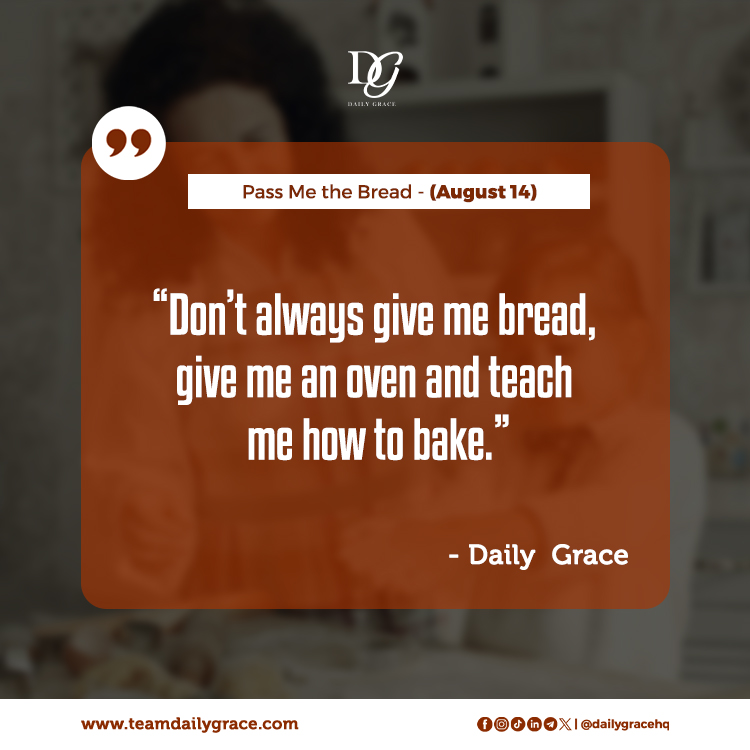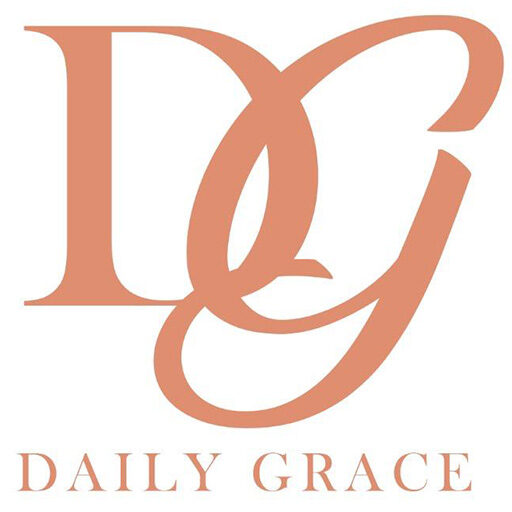Inspiring Change Every Day with Grace
Pass Me the Bread

We all want to see a fairer world. A world where the poor rise, the struggling stand tall, and everyone gets a shot at success. But when we talk about equity, a big question pops up: should we focus on giving people more, or should we focus on equipping them better?
This is the heart of the economics of equity — redistribution or responsibility. Redistribution sounds noble. It’s the idea of taking from those who have more and giving to those who have less.
Think cash handouts, free goods, or wealth taxes. It works, for a while. People get relief, hunger is eased, and a burden is lifted. But the truth is, redistribution is like pouring water into a leaking bucket.
Without fixing the leak, the water will always run out. Without equipping people to produce and manage their resources, the cycle repeats.
Responsibility is a harder sell. It means giving people the tools, skills, and opportunities to stand on their own feet. It’s not as flashy as handing out money, but it’s far more powerful in the long run.
Studies from the World Bank show that skill-based investments, like vocational training and access to markets lift more people out of poverty permanently than direct aid ever could. Handouts may feed someone today. Skills feed them for a lifetime.
Of course, there’s a tension here. In the short term, people still need help. You can’t tell someone who’s starving to just get a skill without giving them something to eat first.
That’s why true equity blends the two. Give enough to relieve the pain, but equip enough to prevent the pain from returning. Think of it like planting seeds, you water them in the beginning, but eventually, they must grow deep roots and stand tall under the sun.
Our generation, especially those of us between 20 and 35, has an unusual advantage. We’re living in the age of information. Access to knowledge is no longer locked away in dusty libraries or expensive classrooms.
You can learn coding, marketing, farming, design, or carpentry online, often for free. But here’s the twist: with all this opportunity, the burden of responsibility is heavier. The excuses are thinner. The tools are right here; the question is whether we will pick them up.
And so, we have to ask ourselves if we’re in a position to give, and are we giving in a way that ends dependency or fuels it? And if we’re in a position to receive, are we waiting for more handouts, or are we working to make sure we never need them again?
Equity is not just about the size of the slice you get. It’s about what you do with your slice. In the end, the most sustainable form of equity is not measured by how much is given away, but by how much is grown.
If we only redistribute, we’ll be forever moving the same pieces around the board. If we equip, we expand the board. We create more players, more winners, and more possibilities. The world changes when we stop only passing the bread, and start teaching each other how to bake.
Which do you think changes a life more permanently — receiving resources or learning to create them? Share your response anonymously through this link https://gdpd.xyz/dailygrace
No Copyright infringement intended.
PS: Kindly Follow our WhatsApp Channel at https://whatsapp.com/channel/0029VawUlQGBPzjQXzs6fX2Q for more engaging content.

